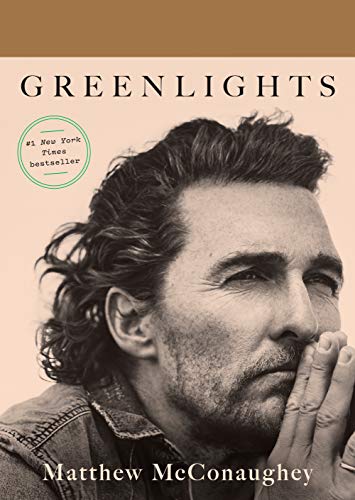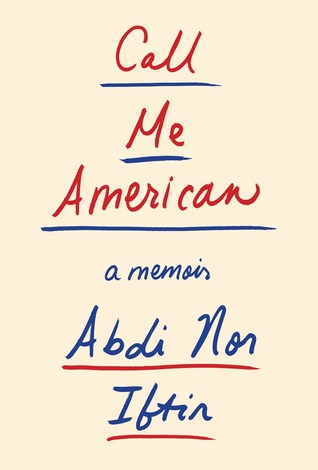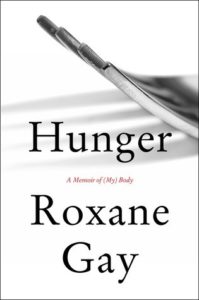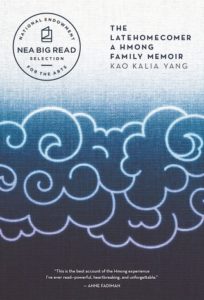Greenlights by Matthew McConaughey

First Line: This is not a traditional memoir.
Summary and Thoughts:
A proud Texan and creative personality, Matthew McConaughey’s life is what most people would expect it to be if you know of him. It’s full of wild adventures that never fail to teach him a lesson or two. From wild escapades in the Amazon or a relaxing time in a private Austin, TX neighborhood, McConaughey looks for what he calls “greenlights.” Like actual green lights on the road, they are signals for McConaughey to move forward in life. Even when faced with red or yellow lights, he lets them happen but he never lets them affect him negatively. He waits for them to turn green or he sees the green in the opportunity. McConaughey has never let a bad situation ruin his spirit, and he’s rarely been the one to complain about consequences or victimize himself. He finds the beautiful in the ugly and lives life to the fullest.
This certainly wasn’t traditional memoir by any means. Granted, I do not read a lot of them but an untraditional traditional man wouldn’t write something like everybody else. I liked how within the stories he inserted poems, post-it notes of advice, pictures, and even more tales. His life has rarely had a dull moment. My favorite story of his was him talking about the different types of people he met at this RV park area during his time when he only lived in an RV. It’s nice to see despite him being pretty well known the people who typically meet him know to treat him like any other kind stranger. What I also loved was seeing just how much of a family man he was. He adores his wife (another one of my favorite moments was when they met) and his main goal in life was to become a father, which he has been doing since the birth of his first child. He truly has such a sensitive side; one I admittedly didn’t expect from him. Through this memoir I got to learn what an interesting person Mattew McConaughey is on top of being a great actor, and he’s definitely become one of my favorite actors because of this book.
FYI: This book involves mature language like cursing and sexual talk.


 Hunger
Hunger The Latehomecomer
The Latehomecomer